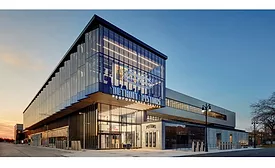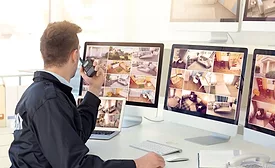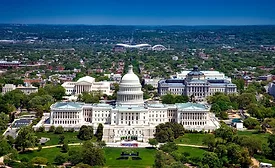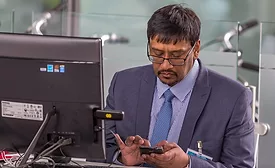Home » physical security
Articles Tagged with ''physical security''
Integrated Solutions
Securing the perimeter
When it comes to perimeter security, strong upfront planning and swift real-time reactions supported by technology can go a long way in helping an enterprise secure its outermost layer.
March 8, 2021
Enterprise Services
Hospitality security adjusts to COVID-19 constraints
While COVID-19 has slowed the hospitality industry, security plays a more pivotal role than ever and the ongoing pandemic is challenging security professionals to adjust and adapt to new rules and procedures.
February 8, 2021
Sign-up to receive top management & result-driven techniques in the industry.
Join over 20,000+ industry leaders who receive our premium content.
SIGN UP TODAY!Copyright ©2026. All Rights Reserved BNP Media.
Design, CMS, Hosting & Web Development :: ePublishing











